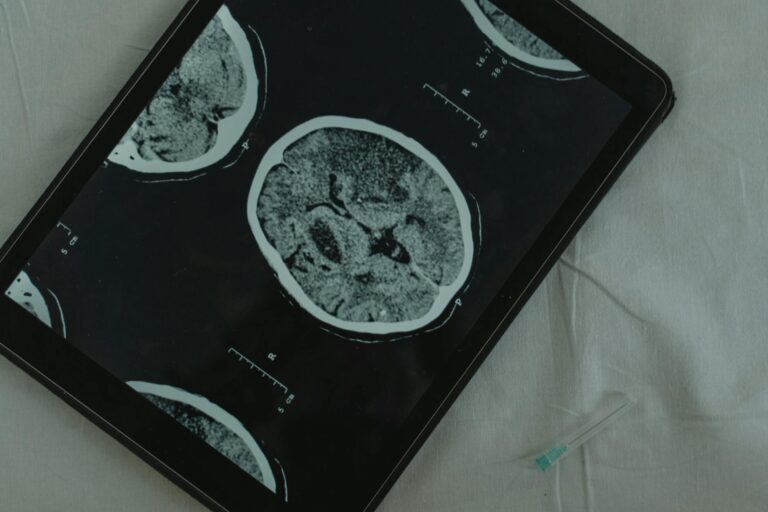In today’s digital age, data breaches have become a major concern for individuals and organizations alike. With the increasing use of technology and the internet, sensitive information such as personal details, financial records, and medical records are vulnerable to theft and misuse. While the impact of data breaches is already alarming, recent studies have shown that it can also have a significant impact on brain health, increasing the risk of dementia. This raises the importance of maintaining brain health to prevent dementia data breaches.
Dementia is a broad term used to describe a decline in cognitive function, including memory loss, confusion, and difficulty with daily tasks. It is a progressive disease and the most common cause of disability in older adults. Alzheimer’s disease is the most common form of dementia, accounting for 60-80% of cases. According to the World Health Organization (WHO), an estimated 50 million people worldwide have dementia, and this number is expected to triple by 2050 if no preventive measures are taken.
One factor that has been linked to the development of dementia is data breaches. In a study published in the Journal of Alzheimer’s Disease, researchers found that individuals who experienced a data breach had a significantly higher risk of developing dementia compared to those who did not experience a breach. This is because data breaches can lead to identity theft, financial fraud, and emotional distress, all of which can have a negative impact on brain health.
The link between data breaches and dementia can be explained by the stress response in the brain. When we experience stress, our bodies release a hormone called cortisol, which can damage brain cells and impair memory and learning abilities. Data breaches can cause significant stress for individuals, especially older adults who may be more vulnerable to financial scams and identity theft. Chronic stress can also increase the risk of developing depression and anxiety, both of which are risk factors for dementia.
Moreover, data breaches can also result in financial losses, which can have a direct impact on brain health. Financial strain has been linked to a decline in cognitive function, particularly in the areas of memory and executive function. This is because financial management requires complex cognitive processes, and when individuals are faced with financial losses, it can lead to anxiety and worry, which can impair cognitive abilities.
Another aspect to consider is the potential misuse of personal medical information that can result from data breaches. Health records contain sensitive information such as medical history, medications, and treatment plans, which can be exploited by cybercriminals. This can not only lead to financial losses but also put individuals at risk of receiving incorrect medical treatments. In older adults, this can have a detrimental effect on brain health as it may result in unnecessary medication and further cognitive decline.
So, what can we do to maintain brain health and prevent dementia data breaches? The first and most crucial step is to take preventive measures to protect personal information. This includes using strong passwords, avoiding suspicious emails and websites, and regularly monitoring financial statements for any unusual activity. It is also essential to keep track of medical records and report any inconsistencies or discrepancies immediately.
Additionally, practicing stress-management techniques can help reduce the negative impact of data breaches on the brain. This can include activities such as exercise, meditation, and spending time outdoors. It is also important to seek support from family and friends during times of stress.
In conclusion, data breaches can have a significant impact on brain health and increase the risk of developing dementia. As the use of technology continues to grow, it is essential to prioritize the protection of personal information to prevent the negative consequences it can have on our brain health. By taking preventive measures and managing stress effectively, we can maintain brain health and reduce the risk of developing dementia due to data breaches.





